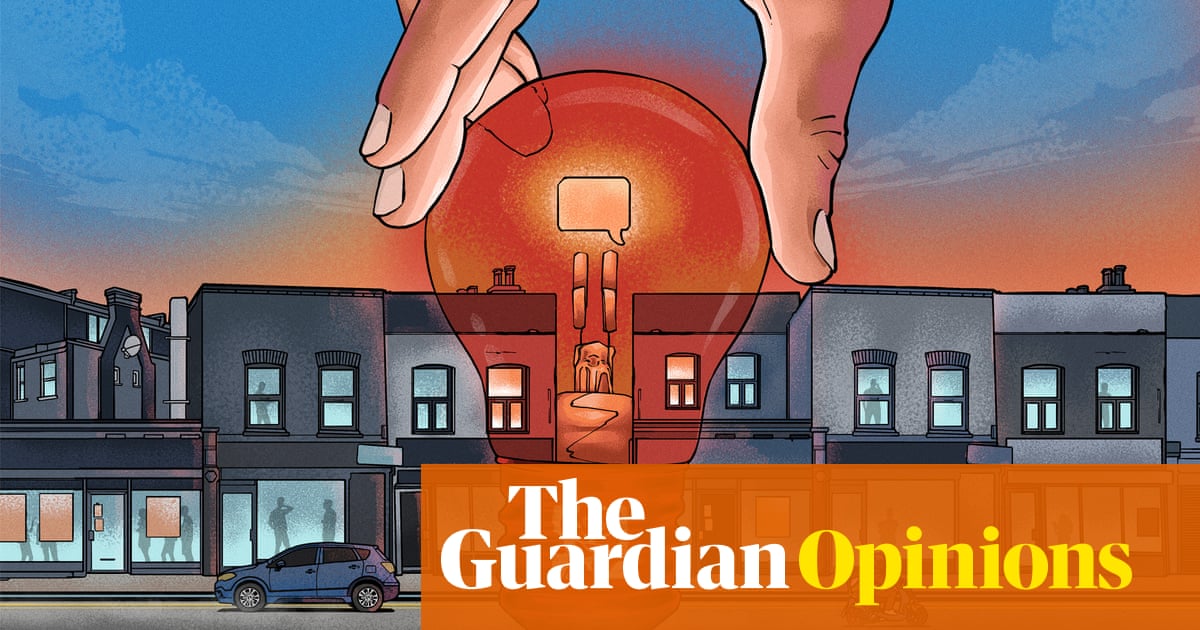
They say you can’t get too much of a good thing, and elections are regarded as a good thing — an opportunity for the people to choose their representatives. However, three in 11 months may be democratic overkill.
There is very little excitement over Israel’s March 2 election, either inside or outside the country. Among the electorate there is near apathy, derived mainly from a complete distrust of politicians, and few if any believe the result will differ dramatically from last year’s two inconclusive elections. However, make no mistake — this is a crucial election for Israel’s future.
We are none the wiser from examining the polls; the Right and Center-Left(ish) blocs are still neck and neck, which suggests that once again Israeli voters are reluctant to change their voting habits to enable the formation of a government. The divisions are as deep as ever, the result will depend on the turnout, and … a fourth election is not beyond the realms of possibility.
Last week, after the parties finalized and submitted their candidate lists, they turned their attention to campaigning. Both major parties, Likud and Blue and White, are fielding candidate lists almost identical to those of the September 2019 election, and much of the reshuffling has taken place among the smaller parties within each of the two big blocs. This is unlikely to make much difference to the bigger picture and is more about the division of the vote between each of the big parties and their satellite groups.
For the Left, forming a merger between the ever-dwindling Labour Party, led by one of the veterans of Israeli politics Amir Peretz, and Meretz, led by Nitzan Horowitz, was hard labor rather than a labor of love, designed to ensure they both cross the 3.25 percent entrance threshold. The two chief victims of this merger were the only Arab representative in these two largely Zionist-Jewish parties, — Issawi Frej and Stav Shafir, the youngest member of the Knesset and one of the most promising figures in Israeli politics. Frej, a former Meretz MK, was given the 11th slot on the unified slate, which is unlikely to win him a seat, while Shafir was pushed off the list altogether.
Running together may just help both parties stay afloat, but it may also be a first step in rebuilding their social democratic and human rights credentials. To do so the alignment must be courageous in presenting a vision that appeals to those who suffer from social and economic injustices, and equally bold on the imperative of a just settlement with the Palestinians.
Mergers among the Right were less significant. At the last minute, pressurized by Prime Minister Benjamin Netanyahu, almost all the national-religious parties agreed to run in the same list. It was shameful that the Jewish Home party had to be pressed hard to drop another agreement with a smaller party whose most prominent figure is Itamar Ben Gvir, a Khanasit who spreads hate against Palestinians and who unashamedly displays in his living room a picture of Baruch Goldstein, the contemptible murderer of 29 Muslim worshippers at the Cave of Patriarchs 25 years ago.
That Rafi Peretz, the Education Minister, of all people, could seek someone like Ben Gvir for a partner, and with the support of Netanyahu, is nauseating. It is testimony to the prime minister’s desperation and moral bankruptcy that he has been prepared to embrace someone like Ben Gvir in his pursuit of immunity from the law.
These mergers make political sense, but rather than the deep insights of any politician, it is the electorate by its indecision that has pushed the fractured system to form bigger alignments in order to stay viable, even to survive. And when this chapter is concluded, it will be up to those who ask for people’s trust at the ballot box to convince them that their vote matters. But despite widespread apathy among voters, this election is by no means insignificant. On the contrary, it is hard to recall a more critical election in the country’s history. Israel can’t afford yet another failure to form a government, and heaven forfend that a fourth election becomes necessary.
First, for the sake of the country and beyond, we must hope for a more conclusive result. Second, this could be the moment that brings to an end Netanyahu’s political career, and with it what has come to be known as Bibism, and allows Israel to move forward. It is inconceivable that Israelis will not acknowledge that the country needs to bring the curtain down on a leader who has done enormous damage to the possibility of Israel living in peace with its Palestinian neighbours, who has sown division in the country, who faces trial for corruption, and who is prepared to wreck the entire democratic system to get off the hook of answering in court to charges of bribery, fraud and breach of trust.
As the parties and their representatives embark on six weeks of campaigning, there is little doubt that things will turn ugly and no punches will be pulled. We have already had a taste of Netanyahu’s campaign style while the threat of prosecution hung over him. It is for the opposition parties not to be dragged into his tactics of mudslinging and incitement, but to find an inner conviction that they can win the election. To succeed they need a platform that is not only realistic and grounded, but also provides hope for a better future, and a society that can live in peace with its neighbors and itself.
Yossi Mekelberg is professor of international relations at Regent’s University London, where he is head of the International Relations and Social Sciences Program. He is also an associate fellow of the MENA Program at Chatham House. He is a regular contributor to the international written and electronic media. Twitter: @YMekelberg
Disclaimer: Views expressed by writers in this section are their own and do not necessarily reflect Arab News" point-of-view












